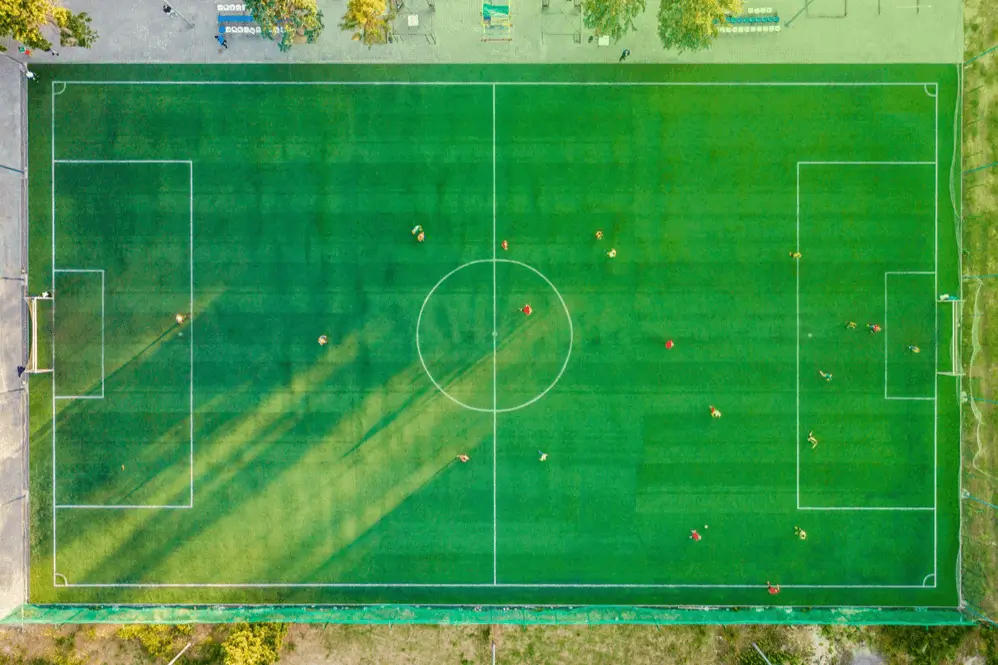The findings of a House of Lords select committee report concluded it is “unacceptable” that recommendations to improve safeguarding in sport made by Baroness Tanni Grey-Thompson in 2017 had not yet been implemented, intensifying calls for reform.
Baroness Grey-Thompson is reported to have said that witnesses from different areas of sport had told the select committee that they had concerns about duty of care and said, “we are not where we need to be”.
That message is echoed by sports technology specialists Sport:80, whose recent White Paper ‘How Technology Can Safeguard the Future of Sport’ describes first-hand experiences of challenges faces the sector and how technology can play an important role in improving standards of safeguarding. Sport:80 also explains how a consolidated approach to safeguarding processes and the introduction of an independent body to regulate safeguarding in sport would bring about positive change.
“The current disparity between the many different elements that constitute an approach to safeguarding in sport needs to be urgently addressed to ensure that all pertinent information is drawn back to an individual,” explains Gary Hargraves, CEO of Sport:80.
“But many National Governing Bodies of Sport (NGBs) in England and Wales will struggle to achieve this as safeguarding training is managed in one area, background checks in another, membership information somewhere else. If someone abuses their position of responsibility, NGBs face an uphill task to audit an individual’s activity because they have to reference information which is held in multiple locations, and not always in digital systems or by the NGB.”
In contrast, the White Paper points out, this is something that is being done effectively in the US, with integrated technologies being utilised to engage directly with the individuals and draw everything back to a single record. Having the right systems in place makes this possible and having an independent body to implement and oversee the processes, like the US Center for SafeSport, ensures that people are trained, qualified, and held to account if they are found guilty of misconduct.
“Why hasn’t this also happened in the UK?” asks Hargraves. “Largely because safeguarding policies and processes haven’t modernised quickly enough, and things have remained inherently within their own silos.”
Something, he adds, needs to be done to make safeguarding processes cohesive, streamlined and fit for purpose. In many cases, organisations have been stoic and set in their ways, even if embracing change means sport is safer. But as more and more people find the confidence to speak out, it will only be a matter of time before pressing questions are asked about the ability of the sport sector to competently safeguard people.
“The likeliness of safeguarding reform hinges on an independent body being established,” continues Hargraves. “A body which regulates every aspect of safeguarding in sport, ensures NGBs follow the same policies and procedures, and delivers audits to maintain high standards.”
